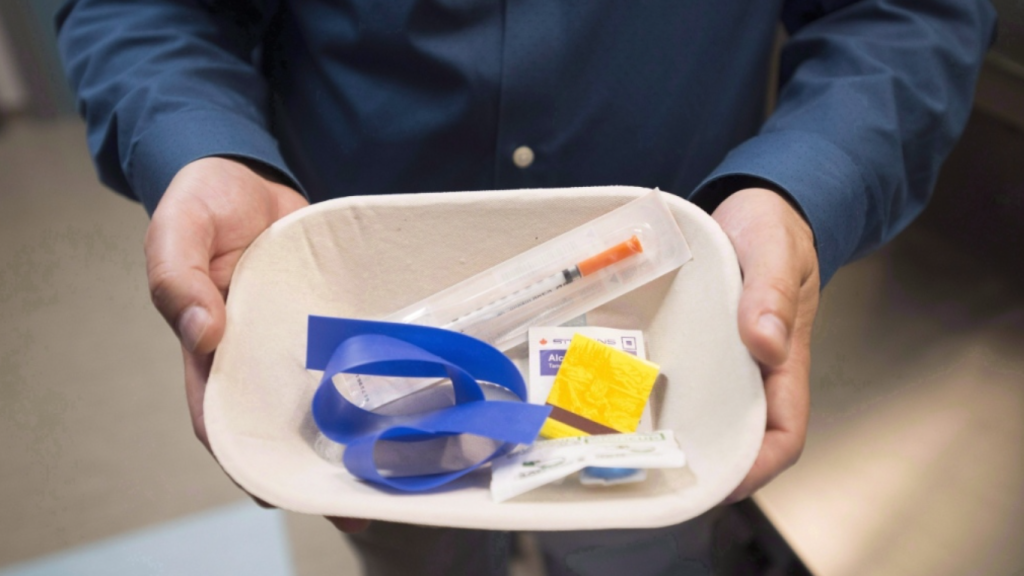Bill Sinclair, CEO of The Neighbourhood Group Community Services, expressed that he is not surprised by claims from the Toronto Drop-In Network indicating a nearly 300 percent increase in overdoses following the closure of nine supervised consumption sites by the Ford government. Sinclair, along with other advocates, had anticipated a worsening overdose crisis after the provincial government imposed a ban on consumption sites within 200 meters of schools and daycares, effective April 1.
Interestingly, the Ontario Chief Coroner has reported an 11 percent decrease in suspected drug-related deaths since the closures compared to the three months prior. Additionally, data from the City of Toronto indicates that paramedic calls for overdoses have declined, raising questions about the validity of the claims made by advocates.
Despite the conflicting statistics, advocates, such as Lorraine Lam from the Shelter and Housing Justice Network, argue that the closures have increased public exposure to overdose situations. Lam contends that the presence of drug users in public spaces, like transit or commercial areas, poses a risk not just to themselves but to unsuspecting individuals who may not be prepared to handle an overdose incident.
Of the nine supervised consumption sites closed, many have been transitioned into abstinence-based models known as HART hubs, in line with the new provincial regulations. However, one notable exception is the Kensington Market overdose prevention site located adjacent to a childcare facility, which remains operational due to a charter challenge and private donor support. Sinclair notes that while this site has experienced a slight increase in usage, many individuals struggling with addiction are resorting to alternative methods to consume drugs safely, such as smoking instead of injecting.
In a statement to CityNews, Ontario's Minister of Health defended the new law prohibiting consumption sites near schools and daycare centers, citing serious safety concerns raised by families about drug injection sites within their communities. The provincial government has emphasized that its HART hubs are part of a broader solution, announcing an investment of $550 million to establish 28 new HART hubs across Ontario. These hubs are intended to provide 24/7 support for individuals facing mental health challenges and assist them in breaking the cycle of addiction.
While acknowledging public fears regarding drug use and community safety, Sinclair believes that targeting supervised consumption sites is not the right solution. He argues that while it is valid for residents to feel alarmed and concerned about the threats posed by issues such as poverty, homelessness, and the lack of resources, these supervised sites should not be equated with causing problems in the community.












